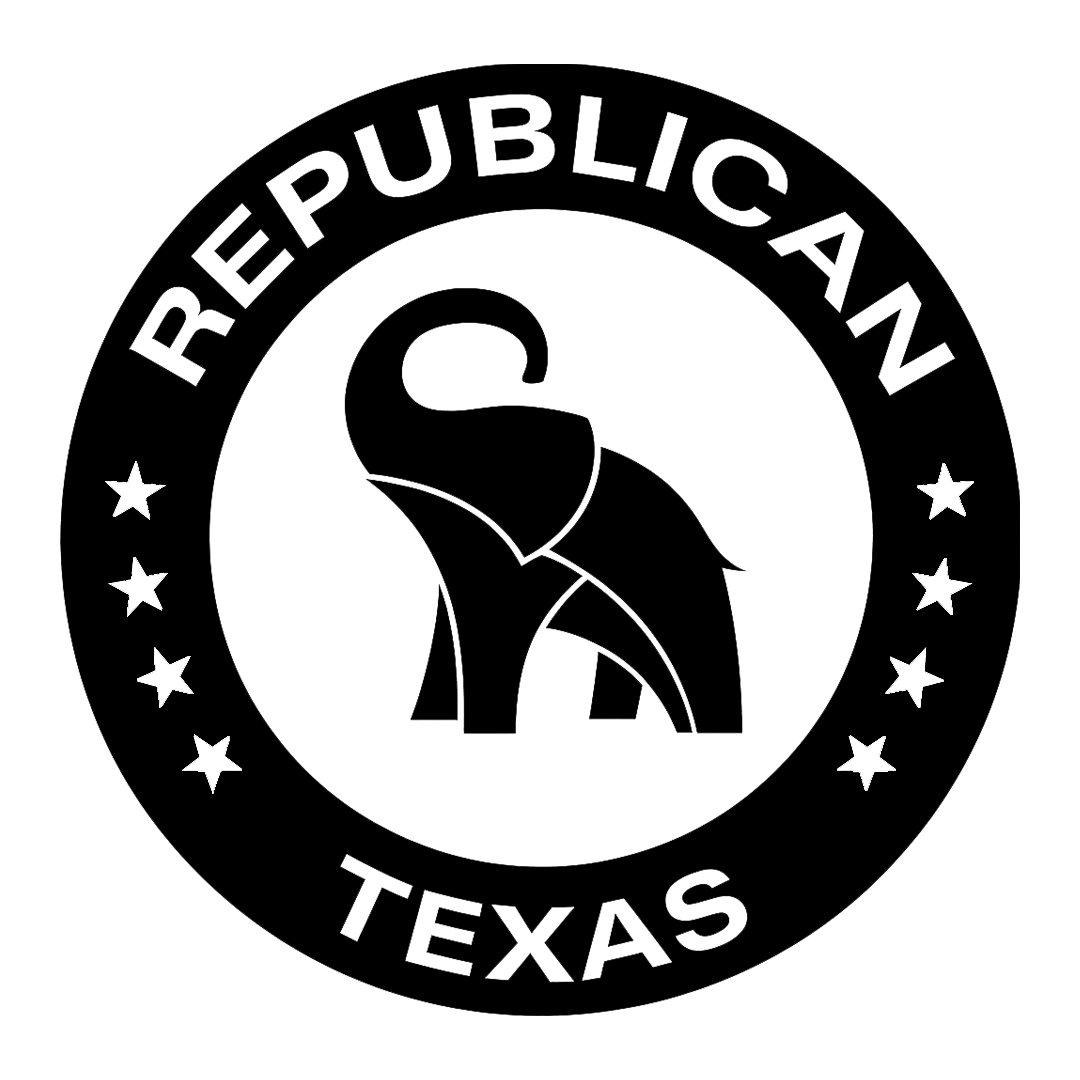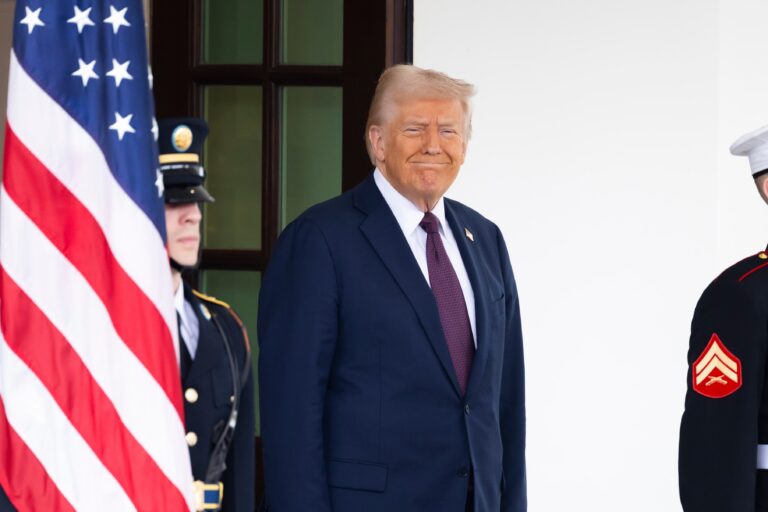Donald Trump has renewed his threat to impose a 100% tariff on every film made outside the United States. He claimed foreign countries had “stolen” America’s movie industry.
California takes the hit
On Monday, Trump said California suffered the most under current conditions. He argued the new levy would “solve this long time, never ending problem”. In May, he already announced talks with Hollywood executives. Back then, he warned America’s movie sector was dying “a very fast death”.
Tariffs expand beyond film
His latest comments followed the launch of new tariffs on other industries. These include a 100% levy on branded or patented drug imports and 50% tariffs on kitchen and bathroom cabinets. On Truth Social, Trump declared that other countries had taken America’s movie business “like stealing candy from a baby”. He accused California’s governor of being “weak and incompetent”.
Details remain unclear
Trump pledged the 100% tariff on “any and all movies made outside of the United States”. He gave no timeline for its start. The White House has not commented. It remains uncertain if streaming platforms such as Netflix will face tariffs. No explanation was given on how the fees would be calculated.
Canada sounds alarm
The Canadian Chamber of Commerce voiced “deep concern” over the proposal. It stressed that American studios depend on Canadian facilities, crews, and talent. Catherine Fortin-LeFaivre, senior vice president for international policy, said the plan would punish US studios. She argued it would increase costs, discourage investment, and harm both economies. She warned that thousands of middle-class jobs could be at risk.
Analysts question practicality
Dan Coatsworth, investment analyst at AJ Bell, said applying tariffs to movies is problematic. He explained that tariffs usually cover goods, not creative works. He noted that many filmmakers work abroad due to attractive tax incentives. According to him, the proposal “raises more questions than it does answers”. Coatsworth highlighted that defining an American-made film is complex when international actors, directors, or funding are involved. He warned costs would rise, streaming services could suffer, and cinemas might lose customers. Still, he said investors seemed unconcerned. Stocks of Netflix and Disney dipped briefly before recovering.
Productions move overseas
Recent US studio films including Deadpool & Wolverine, Wicked, and Gladiator II were filmed outside America. Research firm ProdPro confirmed the US remains a global hub for production. Spending reached $14.54 billion last year, a 26% drop from 2022. Countries such as Australia, New Zealand, Canada, and the UK attracted more investment since 2022.
British industry waits
Officials in London are awaiting more details on how the US tariffs could affect British studios. A Department for Business & Trade spokesperson said the UK film industry supports millions of jobs and generates billions for the economy.
Furniture and timber also targeted
On Monday, Trump also announced tariffs on wood and furniture. He set a 10% levy on softwood timber and lumber and 25% tariffs on kitchen cabinets, vanities, and upholstered wooden furniture. Earlier that day, he teased the move on Truth Social. He promised “substantial tariffs on any country that does not make its furniture in the United States”. A presidential proclamation confirmed the tariffs will start on 14 October. Some will rise further next year if trade agreements are not reached. These steps follow his recent announcement of 100% tariffs on branded or patented drug imports unless companies build factories in America.


